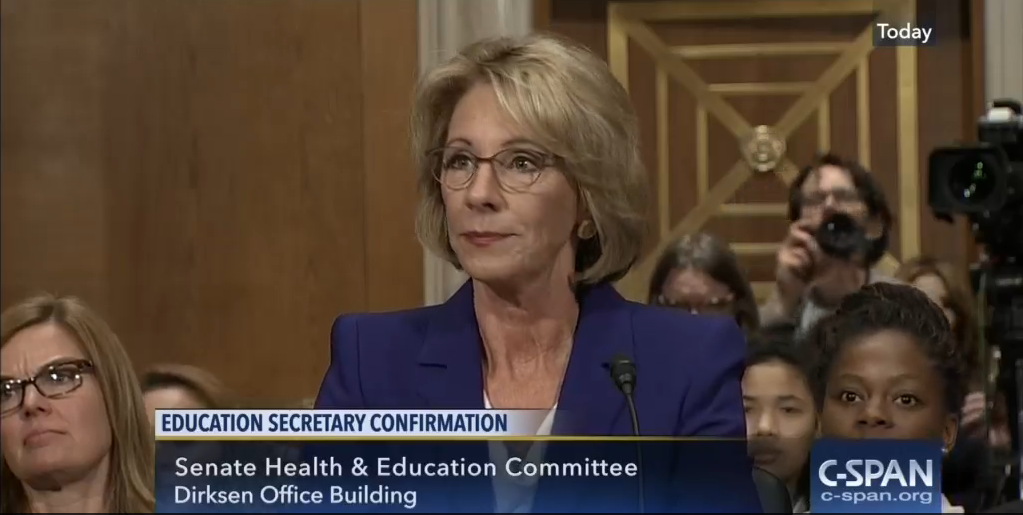Abortion rights, women of color, and LGBTQIA+ people are under attack. Pledge to join us in fighting for gender justice.
NWLC Argues That Discrimination Against LGBTQ Individuals Is Sex Discrimination That Violates Missouri Law

Today, we weighed in with “friend of the court” briefs in a pair of cases before the Missouri Supreme Court concerning the civil rights of LGBTQ individuals at work and in school. In R.M.A. v. Blue Springs R-IV School District and Lampley v. Missouri Comm’n on Human Rights, we ask the court to find that the Missouri Human Rights Act’s ban on sex discrimination includes discrimination on the basis of gender identity and sexual orientation. R.M.A., in which we filed an amicus brief, involves a transgender boy whose high school denied him access to the male bathroom and locker room facilities. Lampley, in which we joined a women’s community brief filed by the ACLU, involves a man whose employer refused to investigate his charges of sex discrimination solely because he is gay. We urged the Missouri Supreme Court to follow the lead of federal courts, which are increasingly deciding what seems obvious – that discriminating against individuals for their gender identity or the sex of the partner they choose is discrimination “on the basis of sex.”
Just yesterday, one of the most important federal courts in the country issued a major decision on this issue — in a case where we also filed an amicus brief with our partners at the ACLU and NYCLU. The Second Circuit Court of Appeals, which covers New York, Connecticut, and Vermont, became just the second federal appellate court to find that discrimination based on sexual orientation is sex discrimination prohibited by Title VII of the Civil Rights Act of 1964.
Both our briefs in the Missouri cases make the argument that discriminating against someone because of their gender identity or sexual orientation is not only inherently sex discrimination, but also illegal sex stereotyping of how that person should identify or behave or whom they should love. In the R.M.A. brief, we also provide the court with some historical context to show the danger behind the school’s argument that transgender students must be excluded from the restrooms and locker rooms that accord with their gender identity in order to “protect” cisgender women and girls. In particular, opponents of civil rights have often used these kinds of disingenuous concerns to keep women out of the workplace and justify racial segregation.
As we continue to grapple with sexual harassment in our schools and workplaces, and as the Trump Administration and state governments step up their attacks against women and LGBTQ individuals, we hope the Missouri Supreme Court and more courts in general follow in the footsteps of the Second Circuit. If our civil rights laws mean anything, they must protect the rights of students and employees to be themselves and to learn and work in safe and equitable environments.





